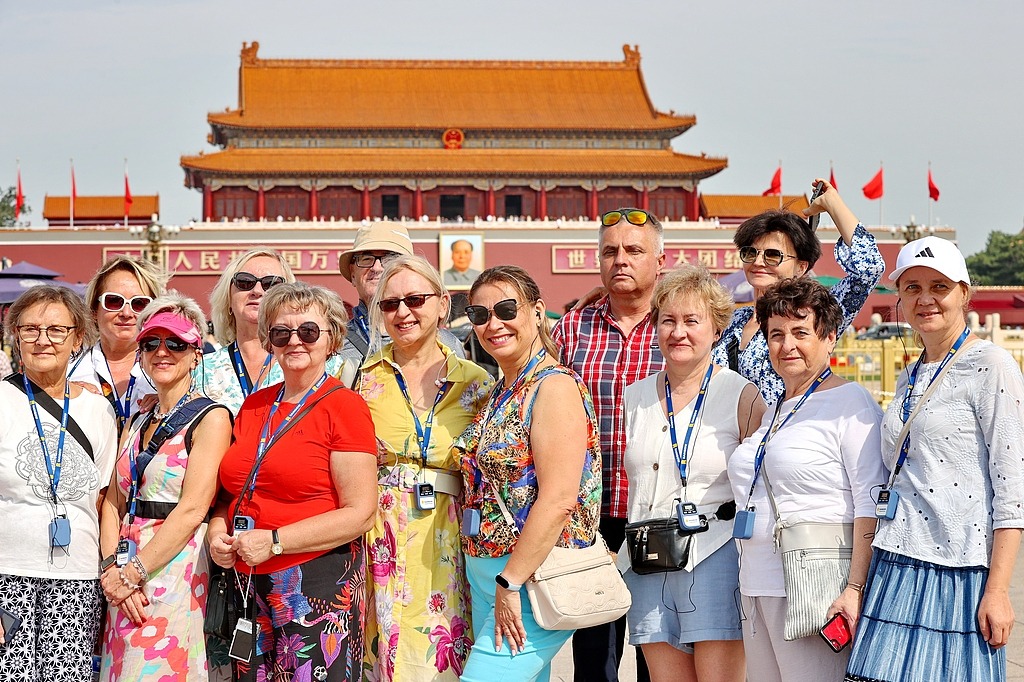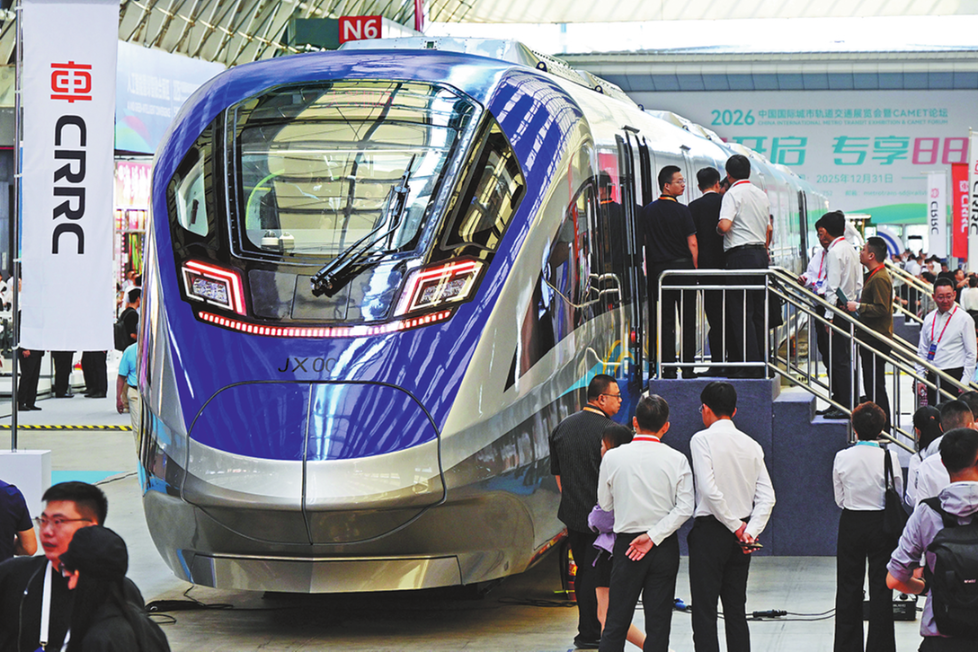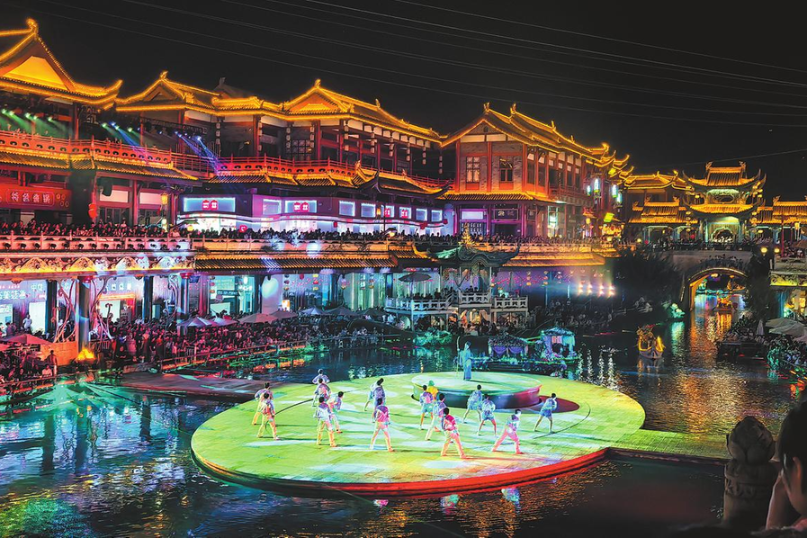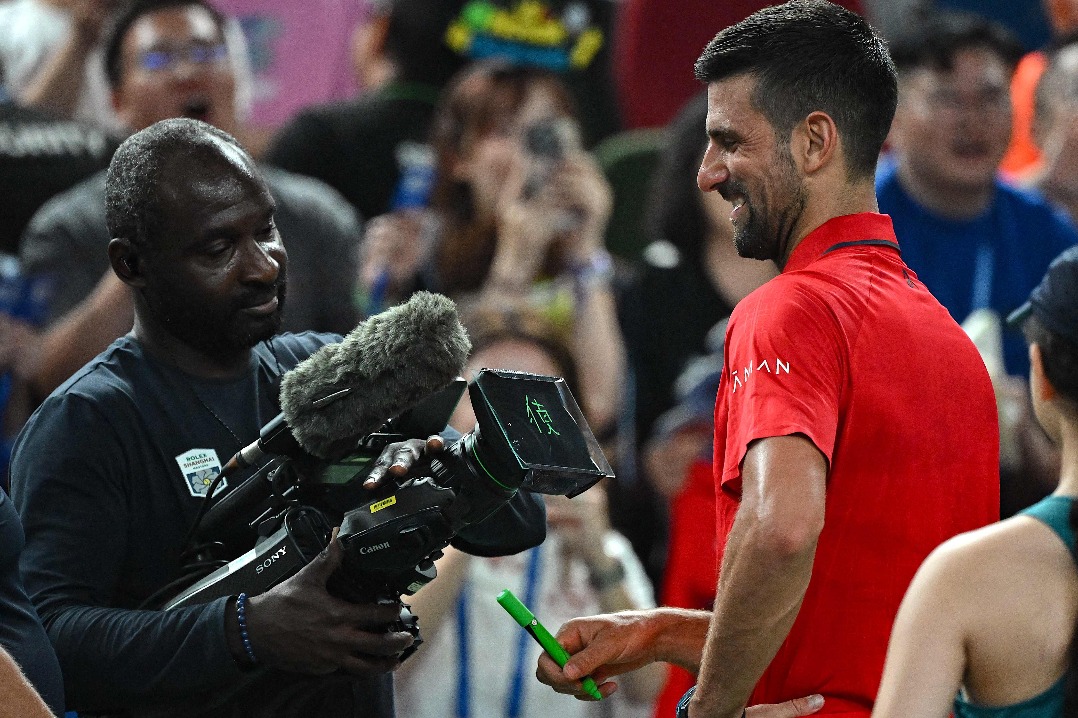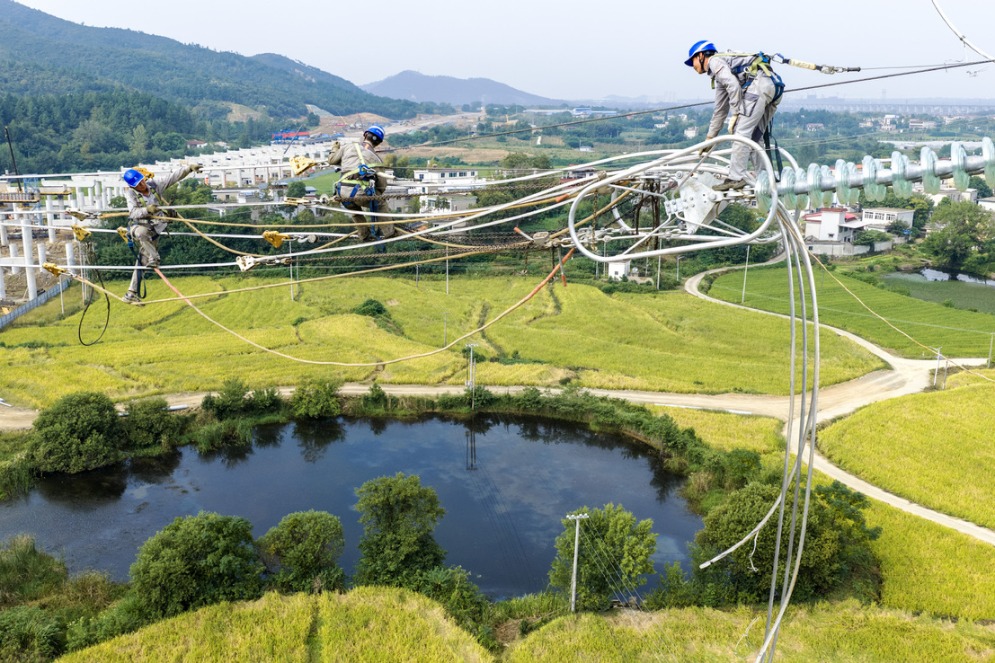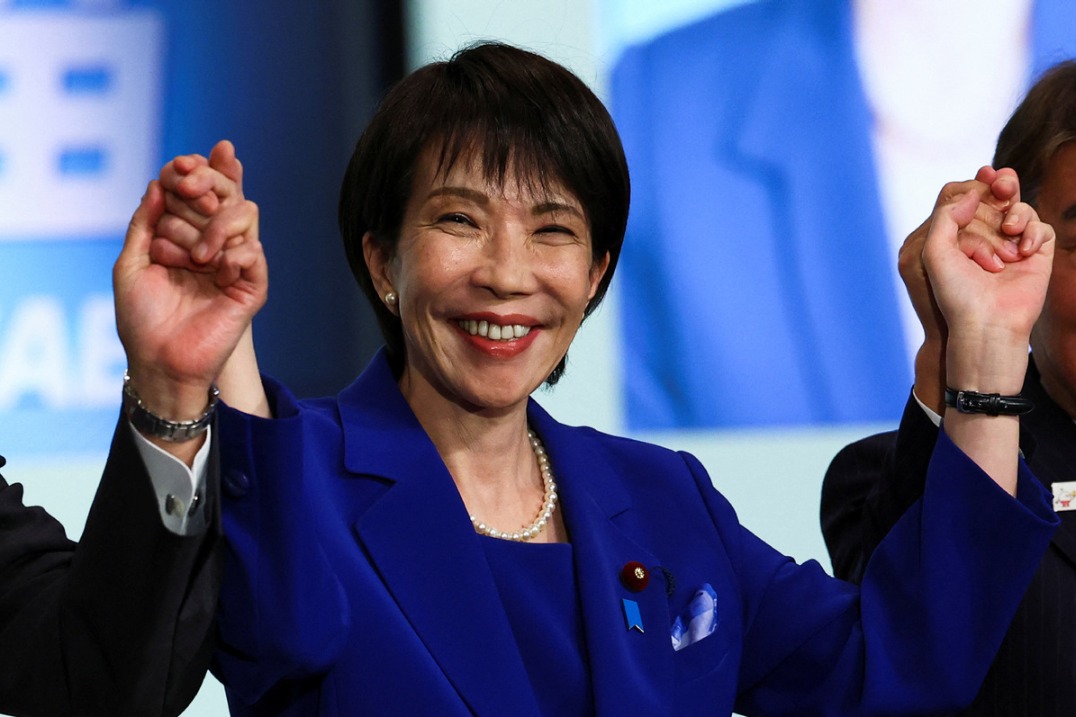Dakar meeting could be historic turning point

Editor's note: The ongoing Eighth Ministerial Conference of the Forum on China-Africa Cooperation will assess the implementation of the plans announced at the two previous conferences and chart the future course of Sino-African relations. Three experts share their views with China Daily on how the FOCAC has helped both sides to strengthen cooperation and what can we expect from it in the future:

The theme of the ongoing Eighth Ministerial Conference of the Forum on China-Africa Cooperation, "Deepen China-Africa Partnership and Promote Sustainable Development to Build a China-Africa Community with a Shared Future in the New Era", suggests the two sides are ready to carry forward the phenomenal success of the two previous conferences held in Johannesburg, South Africa, in 2015 and Beijing in 2018.
The conferences in Johannesburg and Beijing outlined specific areas for deepening cooperation and were new starting points for the FOCAC mechanism.
Africa vital to foreign policy
President Xi Jinping left no one in doubt that Africa constitutes a very important aspect of China's foreign policy by making his first ever foreign trip as head of state in 2013 to Moscow, and from there straight to Tanzania in Africa, where he affirmed that "unity and cooperation with African countries is the foundation of China's foreign policy. This will never change even if China grows stronger and enjoys a higher international standing".
In an outline that is pivotal to the current trajectory of China-Africa engagement, President Xi said in Tanzania: "Similar historical experience, common development tasks and shared strategic interests have bound us together. We both view the other's development as our opportunity, and we both seek to promote mutual development and prosperity through cooperation."
The FOCAC creates mutual opportunities for China and Africa. And despite the ministerial conference being held every three years, the FOCAC process does not brook complacency, with follow-up measures, including on project implementation, dialogues and consultation both at the intergovernmental and nongovernmental levels which culminate in the drawing up of agendas and building of consensuses on key issues of common concerns, constructively filling up in the three-year gap.
The basic feature of the FOCAC mechanism is the follow-up process, whose key function is to deliver tangible and practical results.
The two summits in Johannesburg and Beijing before the ongoing eighth ministerial conference in Dakar, Senegal, were milestones under the FOCAC framework. At the Johannesburg summit, Xi outlined 10 cooperation plans and backed them up with $60 billion funding support. The cooperation plans included industrialization, modernization of agriculture, infrastructure, trade and investment, poverty alleviation, public health, and peace and security, which align with the key requirements of African countries to boost their economic growth.
Between the Johannesburg summit and now, Africa's infrastructure profile and industrialization pace have greatly improved, creating more jobs in the real economy and enhancing capacity building and skill acquisition.
A report management and consultancy firm McKinsey issued in 2017 on Chinese enterprises operating in Africa said that they have created tens of thousands of jobs and nurtured higher- and mid-level managers in African countries. The report also put China ahead of other countries in terms of infrastructure financing and construction, and trade and investment.
Since the Johannesburg summit, the first electrified railway connecting Ethiopia's industrial heartland with the port of Djibouti has become fully operational, reducing both travel time and cost by less than half. The Mombasa-Nairobi Railway in Kenya, and the Abuja-Kaduna Railway and the Lagos-Ibadan Railway in Nigeria have also become fully functional.
Chinese-funded special economic zones and industrial parks are springing up across Africa, as are sea ports, airports, power plants and expressways, which are filling up the infrastructure connectivity gap among African countries. For example, the Zambia-China Economic and Trade Cooperation Zone, the first of its kind in Africa, is dedicated to copper mining in the Chambishi mine and smelting of the output.
The other major examples are the eastern industrial zone in Ethiopia, which is a textile, footwear and garment hub, and the Suez Canal economic zone in Egypt which focuses on petroleum equipment, auto parts and some high-tech industries. The Mauritius-Jinfei economic trade and cooperation zone, which operates as a logistics, tourism and financial services center, and the Lekki free trade zone in Nigeria are some of the other critical examples, which show China-Africa cooperation has the potential to transform Africa into the next global industrial frontier.
Amid rising protectionism in many economies, China and Africa, thanks to the FOCAC, are not only upholding multilateralism but also helping boost global economic development.
The Beijing summit in 2018 further raised the FOCAC's profile, as the two sides took concrete steps toward building a China-Africa community with a shared future in accordance with the promises made at the Johannesburg summit three years earlier.
The eight initiatives announced by Xi in Beijing included industrial promotion, infrastructure connectivity, capacity building, healthcare, people-to-people exchanges, and peace and security. The eight initiatives, along with the 10 plans announced in Johannesburg, were progressing smoothly when the COVID-19 pandemic broke out in early 2020.
But even in the face of the global health crisis, China-Africa cooperation proved resilient. As the pandemic wreaked havoc across the world, claiming innumerable lives and rendering many people jobless, China and Africa convened an Extraordinary China-Africa Summit on Solidarity Against COVID-19 under the FOCAC framework on June 17, 2020. It was the only international meeting to be held at the height of the pandemic.
An example of model cooperation mechanism
At the meeting, held via video link, Xi said China will support Africa in its fight against the pandemic and help build a free trade area in Africa, enhance connectivity, and strengthen the industrial and supply chains. No wonder the FOCAC is considered a model global cooperation mechanism.
The FOCAC has transformed the traditional friendship between China and Africa into a partnership that yields concrete results and adds value to the national aggregates of the partner countries.
The inclusion of the Belt and Road Initiative in the FOCAC framework has further strengthened China-Africa cooperation, multiplied its value inputs by, among other things, focusing on green development in order to combat climate change.
The eighth FOCAC ministerial conference in Dakar is expected to be both introspective and reflective. The pandemic has slowed down people-to-people exchanges between China and Africa even as e-commerce and other aspects of the digital economy have increased. But since the people are the foundation of China-Africa cooperation, the Dakar conference should discuss ways to resume normal people-to-people exchanges.
The post-pandemic economic recovery will obviously be high on the Dakar conference's agenda and new cooperation drivers are likely to be announced. However, it is imperative that the two sides strengthen the existing mechanism. And to build a China-Africa community with a shared future, they should continue to uphold multilateralism, strengthen multilateral mechanisms, and remain committed to resolving issues through dialogue, consultation and cooperation.
The Dakar conference could prove to be a historic turning point as it follows the two highly fruitful meetings in Johannesburg and Beijing, and is likely to explore new opportunities and produce more tangible results, and further strengthen Sino-African cooperation.
The views don't necessarily reflect those of China Daily.

If you have a specific expertise, or would like to share your thought about our stories, then send us your writings at opinion@chinadaily.com.cn, and comment@chinadaily.com.cn.
















